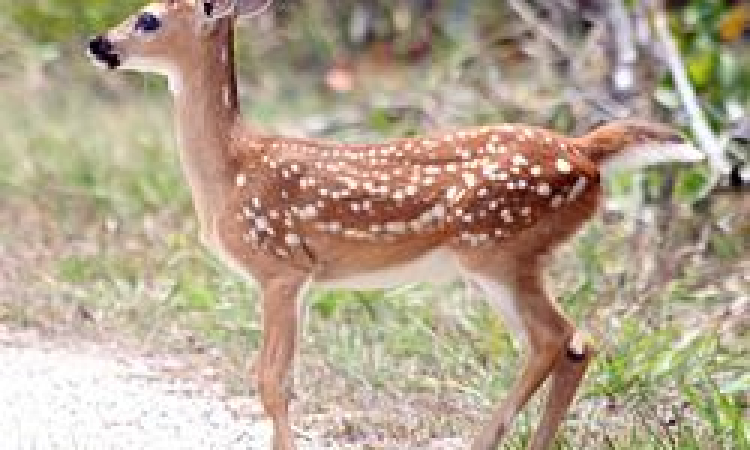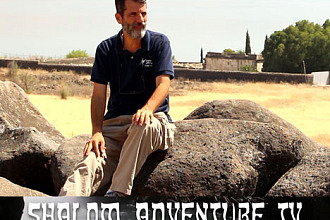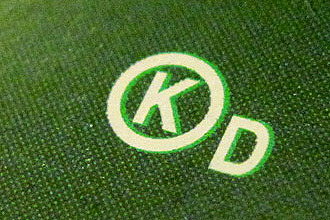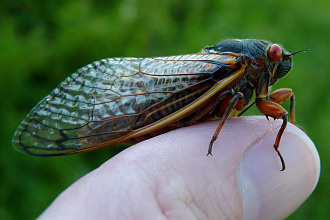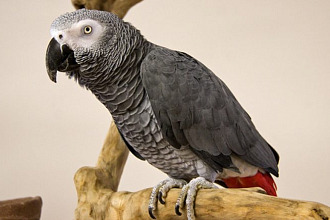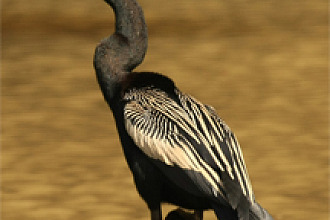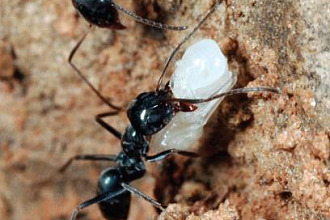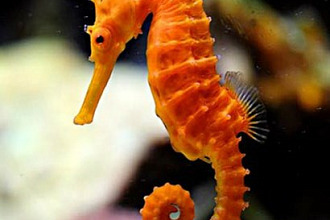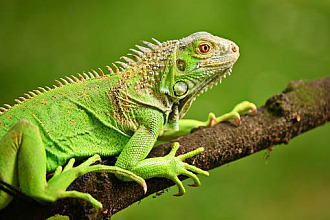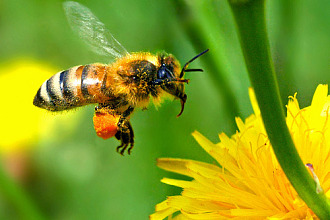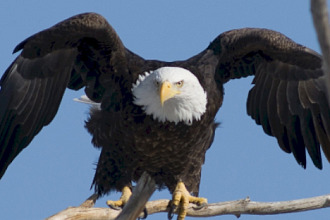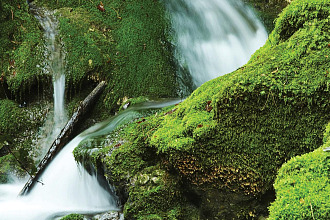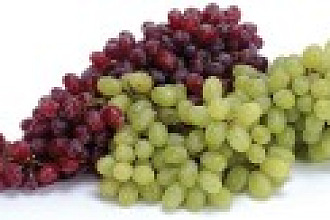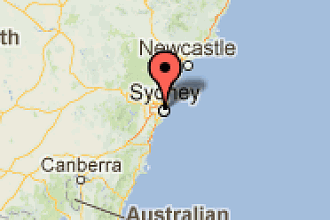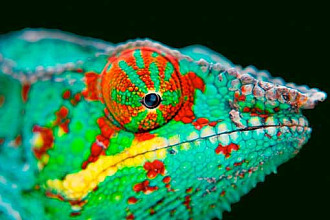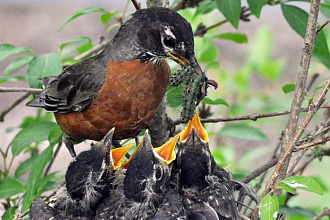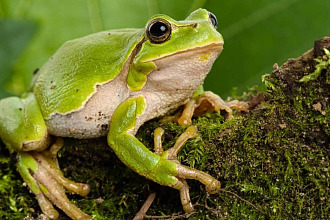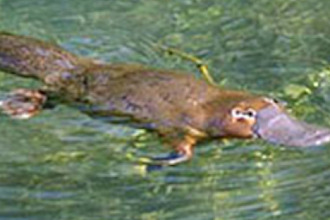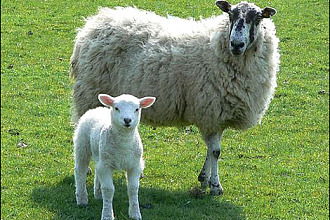Like all newly-born white-tailed deer, the fawn in the key deer sub-species has a beautiful coat of camouflage: brown with white spots.
We've all no doubt seen pictures or actually stumbled across an adorable little fawn as it lies in a secluded spot where its mother has left it. As the baby quietly awaits its mother's return from foraging for tasty plants, flowers, or fruit, the fawn sticks its head straight out, flat on the ground, making its presence far less obvious to passing predators. It's not by accident the little deer knows to do that—that mannerism was programmed into it by its Creator.
And there is something else the fawn does not do that is part of its overall planned design. You know how odor tells creatures where another creature is? Well it's not by accident that a tiny fawn has next-to-no scent whatsoever! One reason they do not is that a baby deer—while sometimes having to wait for four hours at a time for its mother to return—holds its urine or feces until she comes back! Then, when she returns, the fawn voids and the mother promptly ingests her baby's waste so there continues to be no odor at all to attract a predator! Certainly the ability to wait was instilled in the fawn by its Creator, as was the response in the mother to quickly dispose of any scent-bearing identification!
The white-tailed deer is a "ruminant," referring to its four-chamber digestive system. It can handle a variety of items that you and I could never digest—including woodsy material from bushes and trees. But, like us, deer must have fresh water to survive. Big Pine Key and No Name Key are the Florida islands where most of the key deer live, because it is on these islands the majority of fresh water is available to them. How these diminutive creatures, cousins of the much-larger white tailed deer to the North, got to this island chain originally, no one is certain. But these deer have been observed swimming between islands, so that is a strong possibility. Perhaps some arrived and became stranded where both food and fresh water were in limited supply. Adult key deer are approximately the size of a large collie dog, and the Florida Keys are the only place in the world where these small-sized deer are found.
White-tailed deer are good swimmers, and the winter coat of the northern deer has hollow hair shafts which fill with air, making their coat so buoyant it would be difficult for the animal to sink should it be exhausted while swimming! Certainly that's another not-by-accident wonderful protective mechanism they've been given! Larger white-tailed deer can run up to 36 miles an hour, make vertical leaps 9 feet high, and horizontal zigzag leaps of 30 feet when attempting to escape danger. But down here the little key deer don't have many miles of space to run. However, like their three-times-larger northern cousins, they will thrust up their tails, as a white flag, signaling each other when it's time to flee. It's a protective, involuntary not-by-accident response, programmed into them by One who loves His crea¬tures, large and small.
The Creator planned for our protection, too. We're free to ask for His help. He loves to answer prayer!
"NOT BY ACCIDENT" (c) Juanita Kretschmar is used by permission and was first published in the book "Not By Accident 2" page 25
Picture originally found here

